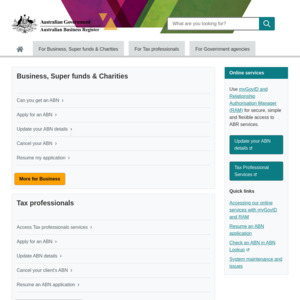Are you best off starting a fledgling enterprise with an ABN, or as a Hobby on your tax return (that you register later if it actually works out)?
How long before an ABN is deregistered for inactivity?
How much activity is required to keep one?
What prevents people from registering one just to access wholesale price discounts without actually conducting any business?
What if a person ends up conducting business that is vastly different to the category the ABN is registered under? Do they need more than one?

Do it first as a hobby. It’s better in terms of potential profits and paperwork.